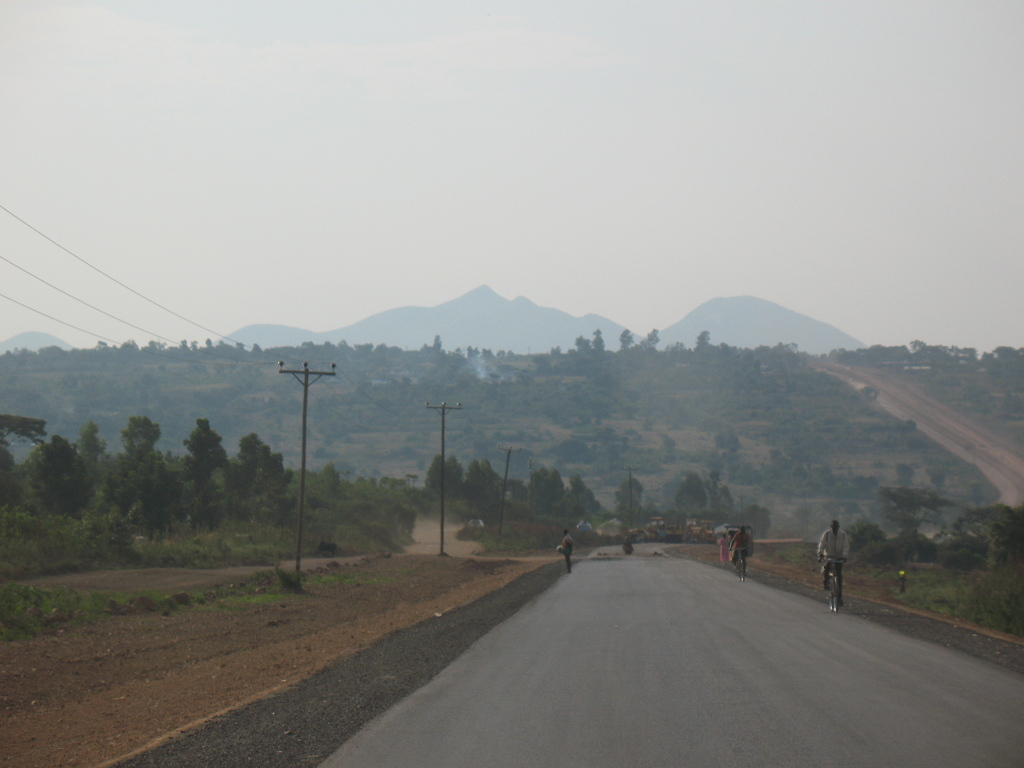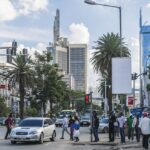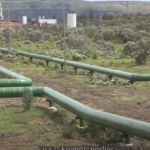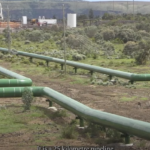Increasing pressure on decreasing power tariffs to hit IPPs in Kenya
Energy Disrupter
Pressure to lower electricity tariffs targeted to increase demand and attract investment in Kenya are targeting IPPs, likely to be pressured for renegotiation of power purchase agreements.
There have been various news over the past year or so on dropping energy demand in Kenya which clearly has an impact on the country’s power sector. It is therefore no real surprise that news report about a planned reduction in electricity tariffs starting as early as December 2021. Algeria Times reported in the first week of October, that a reduction of electricity tariffs of more than 33% is being prepared as effort to increase power demand and help the state power utility Kenya Power from an “imminent collapse.”
The reduction in consumer tariffs from an average of Ksh24 ($0.21) per kilowatt hour to Ksh16 ($0.14) per kilowatt hour is part of the recommendations by a 15-member Presidential Taskforce constituted to review the cost of electricity in the country as part of efforts to attract foreign direct investments (FDIs) and promote industrial growth. Majority state-owned Kenya Power faces a crisis due to the demand risks as a major concern to its operations as heavy-consuming industrialists seeking reliable and cheaper supply shift to solar power.
Last year, total electricity demand decreased to 11,603.6 GWh from 11,620.7 GWh in 2019,with domestic demand falling to 8,796.4 GWh from 8,854.0 GWh in the same period, according to the Economic Survey Report (2021). Electricity sales to large and medium commercial category declined by 3.6 per cent to 4,281 GWh while transmission and distributive losses amounted to 2,790.7 GWh, or for 24.3 per cent of total domestic generation in 2020.
KP’s industrial customers — account for 54.8 percent of its sales revenues — but gradually shifting to own-generated solar power, dealing a further blow to its already dwindling finances.
Last week, President Uhuru Kenyatta received the report of the Presidential Taskforce on Review of Power Purchase Agreements that was constituted in March 29, 2021.
The taskforce chaired by John Ngumi who is also the current chairman of the Industrial and Commercial Development Corporation (ICDC) recommended review and renegotiations with the Independent Power Producers (IPPs) to secure immediate reduction in Power Purchase Agreement (PPA) tariffs within existing contractual arrangements and cancellation of all unconcluded negotiations of PPAs and ensure future PPAs are aligned to the Least Cost Power Development Plan (LCPDP).
It also recommended that Kenya Power takes the lead in formulation and related PPA procurement of the LCPDP and carry out due diligence and contract management frameworks for PPA procurement and monitoring.
Kenya Power is tasked with transmission, distribution and retail of electricity purchased in bulk from Kenya Electricity Generating Company Plc (KenGen), Independent Power Producers (IPPs), Uganda Electricity Transmission Company Limited (UETCL), Ethiopia Electricity Power Company and Tanzania Electric Supply Company Limited (Tanesco).
Last year, total electricity generation in the country declined by 17.1 GWh to 11,603.6 GWh while thermal electricity generation declined by 42.5 percent to 754.5 GWh due to a significant reduction in thermal electricity generation by KenGen in the same period.
Wind electricity generation dropped by 14.8 percent to 1,331.4 GWh geothermal electricity generation decreased by 3.3 percent to 5,059.8 GWh.
However, hydro electricity generation increased by 32.1 percent to 4,232.7 GWh mainly due to favourable rainfall experienced in 2020.
A World Bank survey on power cost and reliability in Africa revealed that utility firms in the continent are cash strapped and have allowed their assets to fall into disrepair, exacerbating power shortages. According to the survey, utilities need to focus on achieving an acceptable level of service quality to launch a trajectory toward cost recovery in tariff revenues.
“Raising tariffs while outages continue unabated is bound to invite a backlash. They could reduce costs by phasing out operational inefficiencies, implementing short-term measures to reduce the duration (if not the frequency) of outages, and addressing customer service quality in general,” says the survey.
Source: Algeria Times

















